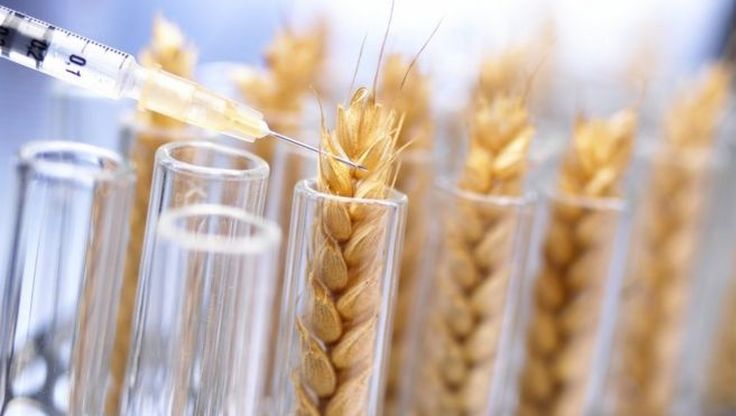India ‘deeply engaged’ in developing GM seeds for 13 crops

Indian institutions are “deeply engaged” in the development of genetically modified seeds for 13 crops, including rice, wheat and sugarcane to improve their yield and quality, the government said on Friday.
The environment ministry in October granted clearance for indigenously developed GM mustard seeds, potentially paving the way for a commercial release of the country’s first food crop in about two years.
Cotton is the only GM crop currently allowed for cultivation in India.
Research is also being done by the state-run Indian Council of Agricultural Research (ICAR) and other organisations to develop GM seeds for potato, pigeon pea lentils, chickpeas and banana, the agricultural ministry said in a statement.
“ICAR institutions and universities are deeply engaged in the development of GM crops for different traits such as biotic and abiotic stress tolerance, yield and quality improvement in 13 crops,” it said.
India is keen to adopt farming technologies like GM crops to ensure food security and cut a reliance on imports, as it tries to boost the output of items like edible oils for its nearly 1.4 billion people, the most in the world after China.
India spent a record $19 billion importing vegetable oils last fiscal year that ended on March 31. Russia’s invasion of Ukraine also disrupted imports and raised prices, before supplies improved.
Scientists say India’s growing population and shrinking cultivable land mean it needs to adopt more efficient ways of farming.
The government statement warned “administrative procedures required in public interest” against any former or current ICAR officials speaking against GM mustard.
Activists have said that GM mustard would require widespread use of herbicides and pose a threat to honey bees.
India’s Supreme Court is hearing a challenge to the decision to allow an environmental release of mustard hybrid “DMH-11” for seed production and other tests before commercial release.
India, set to overtake China’s population next year, in 2010 blocked the release of a GM eggplant variety following opposition from environmentalists and some farmers.
Read also
Wheat in Southern Brazil Impacted by Dry Weather and Frosts
Oilseed Industry. Leaders and Strategies in the Times of a Great Change
Black Sea & Danube Region: Oilseed and Vegoil Markets Within Ongoing Transfor...
Serbia. The drought will cause extremely high losses for farmers this year
2023/24 Safrinha Corn in Brazil 91% Harvested
Write to us
Our manager will contact you soon



